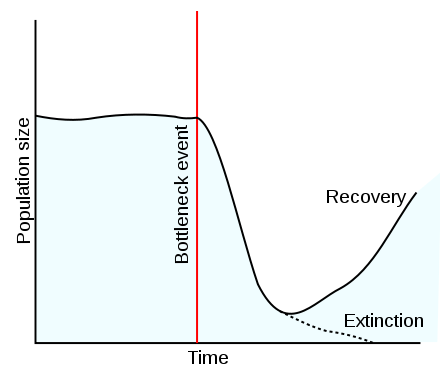Let’s start with a the big picture: What do you think is currently at stake? What is our calling as city-makers, as changemakers, as responsible individuals? As societies?
Erich Fromm, one of the greatest social psychologists of all time, once wrote a book called The Sane Society, in which he analyses how social systems impact the mental health of the individual. He examines the alienating effects of modern capitalism and offers his view on how to reorganise society.
What was not so obvious in 1955 has become an undeniable truth: there is a direct correlation between mental and environmental health. Individuals who are unbalanced, frustrated or depressed compensate for their unhappiness by consuming more and thus fuel the exploitation and degradation of our planet.
Since the beginning of the industrial revolution we have observed an accelerating rise of mental health issues in developed nations. When Sigmund Freud treated Vienna’s bourgeois elite for its neurotic disorders and its discontent with civilization at the start of the 20thcentury, the global population hovered between one and two billion and had little impact on the state of the planet.
Today many populous developing nations have followed the Western growth paradigm and succeeded in moving unprecedented numbers of citizens out of poverty and into material affluence. China is only one albeit giant example of a nation which aims to concentrate more than 80% of its total population in cities – for the sake of boosting its GDP through inflated urban real estate markets.
Despite the economic benefits, a growing urban consuming class will exacerbate China’s and the world’s environmental problems. According to a World Bank study, China’s urban residents use three times as much energy as their rural counterparts. The tragic state of mental health has been exposed by the COVID-19 crisis with a reported surge in child suicides.
Changemakers are called on to take a long, hard look at rapidly urbanizing regions and assess whether cities in their current form promote human and planetary wellbeing or not.
READ THE FULL INTERVIEW IN THE PDF.
| on_cities_and_their_evolutionary_purpose_as_learning_space.pdf |
